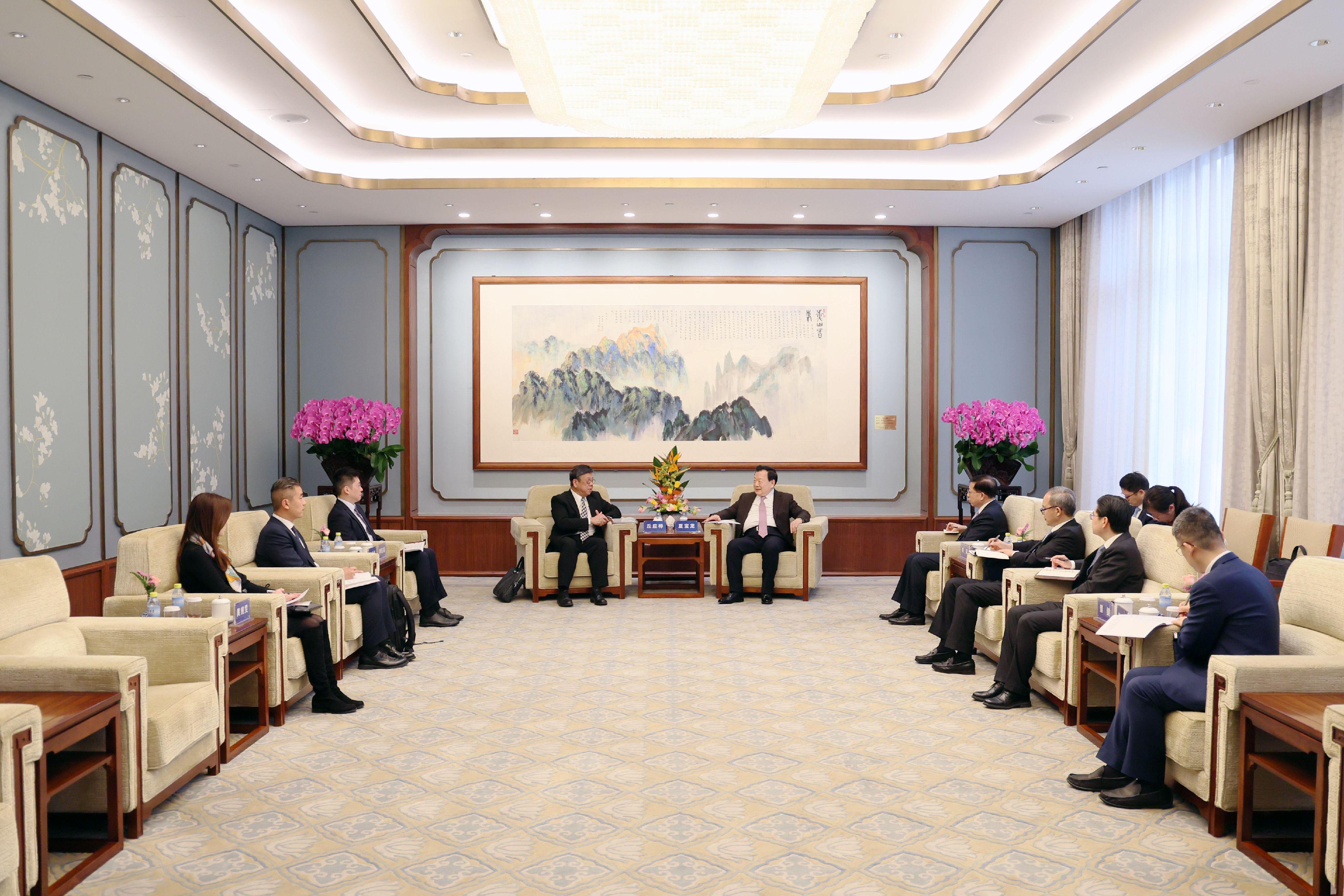Enforcement collaboration between IA and HKMA – Insurance Authority suspends Cheung Tak On for two months and orders a fine of $2,900 for misappropriating gift vouchers
The following is issued on behalf of the Hong Kong Monetary Authority:
This press release is issued jointly by the Insurance Authority (IA) and the Hong Kong Monetary Authority (HKMA) today (January 10):
The IA has taken disciplinary action against Cheung Tak On, a current technical representative (agent) appointed by an Authorized Institution at the material times, by suspending his licence for two months and ordering him to pay a pecuniary fine of HK$2,900, on the grounds of him not being fit and proper. The disciplinary action is decided on the basis of all relevant information, including the information gathered by the HKMA in its investigation into Cheung's conduct.
The HKMA's investigation found that, between January to February 2021, Cheung took a total of 20 gift vouchers with a total value of HK$2,900 from an Authorized Institution by which he was employed at the material time without its knowledge or authorization. The gift vouchers were intended to be given by the Authorized Institution to its clients as gifts. Certain clients did not however claim their gift vouchers and Cheung decided to keep these for himself without letting his employer know.
On being discovered, Cheung admitted his wrongdoing. At the time he had only used one of the coupons with a value of HK$50 for his personal use and he returned the remaining coupons he had taken.
The IA is of the opinion that Cheung's conduct crossed the ethical line between right and wrong and, in this respect, he demonstrated a lack of fitness and properness to be a technical representative (agent) during the period in which he was serving in that capacity. Disciplinary action at an appropriate level is therefore merited. In deciding the disciplinary sanction to be imposed under section 84 of the Insurance Ordinance, the IA weighed all relevant circumstances in balance, including that:
- Cheung admitted to his wrongdoing;
- Cheung used one of the gift vouchers with a value of HK$50;
- Cheung returned the unused gift vouchers to the Authorized Institution, including the coupons that the Authorized Institution had yet to discover to be missing at the material time;
- Cheung's personal circumstances;
- Cheung's otherwise clear disciplinary record; and
- the need to send a message to deter similar conduct.
The Head of Market Conduct of the IA, Mr Peter Gregoire, said, "Once you cross the line between right and wrong in your professional life, that line can begin to blur until one day, if you are not careful, it is eroded altogether. The consequences of this type of ethical fading can be devastating. That's why it is vital to call it out right at the start and hold individuals accountable for their actions when they let their ethics slip. Disciplinary action calibrated and deployed at the appropriate level not only penalises wrongdoing, but can help force a course correction at the right moment. That's what we are aiming for in this case. In doing so, we also seek to reinforce the necessity of underpinning the insurance industry with a strong ethical culture."
The Executive Director (Enforcement and AML) of the HKMA, Ms Carmen Chu, said, "This enforcement outcome illustrates the result of close collaboration between the HKMA and the IA, with the key objective of sending a strong deterrent message to the industry and practitioners that dishonest conduct will not be tolerated. Banking and insurance professionals are reminded to ensure good understanding of conduct standards and internalise the learning from this and other relevant cases and thus contributing collectively to market integrity and consumer protection."
The IA acknowledges Cheung's co-operation in accepting the disciplinary actions which has resulted in prompt resolution of this matter (Note).
For further information on the IA's enforcement work, please see the "Enforcement News" section of the IA's website. Public disciplinary actions against licensed insurance intermediaries may also be searched on the "Register of Licensed Insurance Intermediaries" on the IA's website. For further information on the HKMA's enforcement work, please see the "Enforcement Actions" section on the HKMA's website.
Note: Pursuant to section 84(1) of the IO, at any time when the IA is contemplating exercising a power under section 81, it may, if it considers it appropriate to do so in the interests of policy holders or potential policy holders or the public interest, by agreement with the person concerned (a) exercise a power that the IA may exercise in respect of the person under section 81; and (b) take an additional action that the IA consider appropriate in the circumstances of the case.

